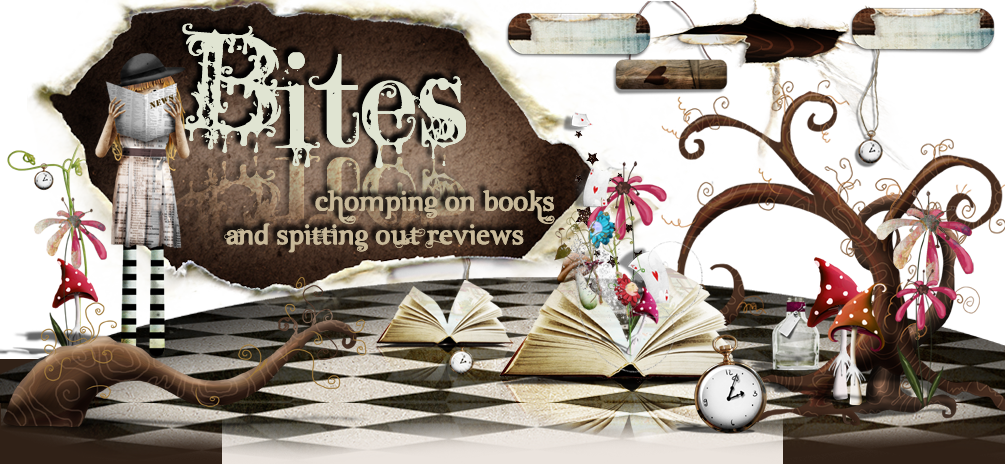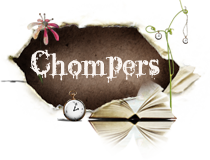What made you choose this island in the South China sea as the setting for THE BLACK ISLE? Is there really an island in that area that bears this history or is it entirely fictitious?
The Black Isle is an entirely fictional place. I decided to set my novel afloat in that corner of the Pacific, midway between China and India, because it’s a fecund, festering tropical zone that hasn’t been explored much in international storytelling—and that’s a pity. This is a part of the world where the air is so dense you break into a sweat just by moving, where violent thunderstorms happen three or four times in the course of a regular day, where bugs and lizards abound—it is rainforest by nature and civilization only by nurture. Imagine the most humid New York or South Carolina summer and then imagine it year round. The Black Isle is a physical composite of several island- or archipelago-states in the region: Singapore, Malaysia, the Philippines, Hong Kong—all of which experienced a similar historical trajectory with colonialism, World War II and post-war independence; but the Isle also bears some resemblance to tropical cities in Latin America, like Recife in Brazil, and many others in Mexico. Near the equator, the conflict between man-made order and natural chaos is both everyday and eternal. On the Black Isle, this is also true of the conflict between the present and the past—and that’s where the ghosts come in!
 |
| Photo by Kathleen Clark via sanditan.com |
To me, the Black Isle is as much a character as a place. Its coming-of-age from messy little port city to sleek international powerhouse is a kind of dark mirror of our heroine Cassandra’s own growth from plucky little girl to mature, powerful woman.
You make Cassandra seem at times both endearing as a character in trouble and someone not so innocent when it comes to blatant self-preservation. Did you find it hard to toe this line and maintain a balance that ultimately tipped in favor of a likable character as opposed to not?
Not really. When I created a heroine who was going to fight to retain her legacy, to keep herself from being erased by history, I knew I had to make her even more vivid than the usual heroine. She had to be a super-real whispering companion you’d feel charmed by, concerned for, terrified of, one you’d ultimately—hopefully—admire, as you witness her gradual rise to power. Because Cassandra’s a sensitive soul—she sees the dead, after all!—I wanted to make her extra susceptible to the emotions that grip us all, bad and good: fear, envy, lust, love, and even unexpected jolts of great courage and compassion.
My hope was that if I tied Cassandra’s experiences in the supernatural realm to down-to-earth, everyday feelings, if I made her honest about her feelings (for example, romantic jealousy!), I would be able to take the reader to strange and exotic places, and still keep them on her side. This is what a “likable” heroine means to me—the character may not always be noble, and may not always do the “right” thing, but she should always be honest so we understand her motives for her actions—especially when these are linked to feelings. THE BLACK ISLE is as much the story of a young woman managing her supernatural powers as the story of a young woman harnessing her wild emotions.
Why does Cassandra maintain such a strong sense of family when, time after time, they push her away, whether it's her mother favoring her brother or her father letting responsibilities fall to her while reaping the benefits? Is this a draw on a more cultural dynamic or a more inherent familial need? Or both?
It’s both and more—it’s primal. I think everyone feels they need the support of family (or the familiar) when they’re thrown into the wilds of a strange new land, as poor little Cassandra was—shunted as a seven-year-old from the known world of Shanghai to the mysterious Black Isle. As she discovers and gradually comes to terms with her own unique power, she’s able to shed some of the negative people and emotions that try to cling to her; yet her family remains her most persistent ghosts, probably because they are tied to her childhood past, and to deny them would be to also deprive herself of her own history. They are inseparable from her memory of herself. I think we are often shaped by the difficult relationships we have with people in our lives, if only because we are forced to chart our own destinies in reaction to them.
The relationship between Cassandra and her brother at times borders on unhealthy. Is this a cultural dynamic manifested by their being twins (alluded to in the story) or a need to depend on each other due to their parents' shortcomings?
Yep, Cassandra’s got a troublesome relationship with her twin brother, Li! This is partly because he’s been through so many of the same dramatic situations she’s been through—the creepy voyage by ship to the Black Isle, the terror of the rubber plantation, the military invasion during World War II. They’ve seen each other at their worst, and there’s shame and embarrassment in it. Yet ironically, this shared experience over the years is what binds them, for better or worse, and makes them each other’s secret sharer, each other’s shadow witness. They understand each other on a cellular level, like two halves of the same person.
In the end, they are both survivors—they do the best they can, and help each other the best they can. It slowly becomes clear that Cassandra is much stronger and braver than her brother. And of course, it’s Cassandra herself, more than anyone else, who is the most surprised—and chilled—by this!










